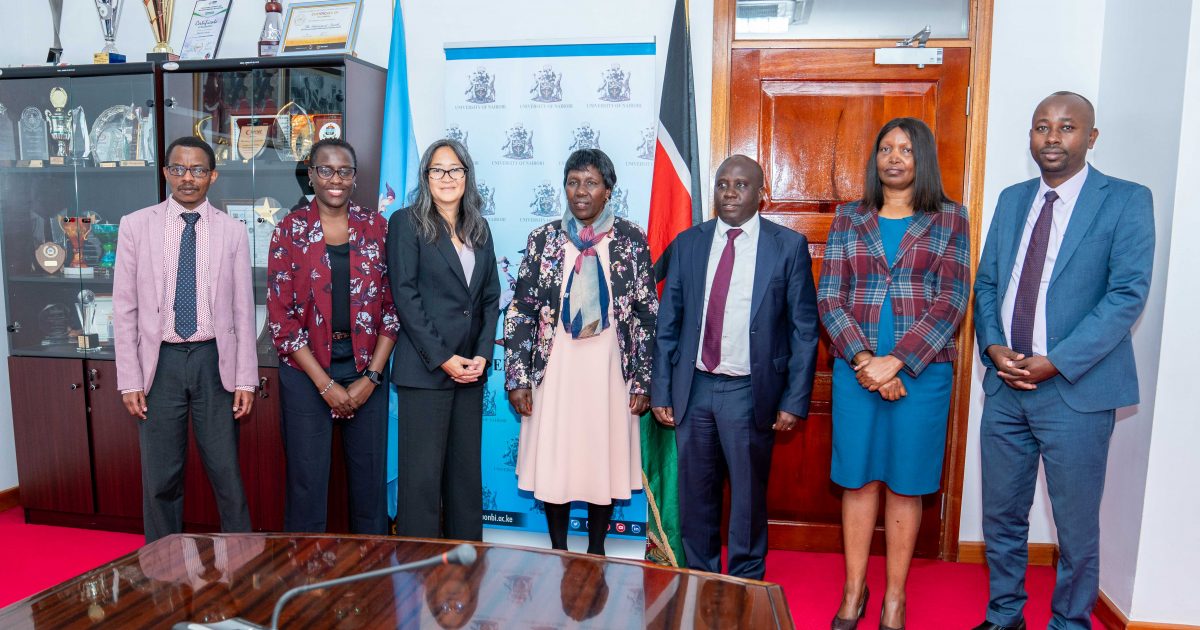Kenya has emerged as an attractive investment destination in the highly competitive Global Business Services (GBS) market, attracting more than $500 million USD in revenues annually.
SAMA AI Chief Executive Officer Wendy Gonzalez said Kenya has made good headway amidst stiff competition, which calls for the country to avoid complacency by guarding its market positioning and providing an enabling environment to deepen its GBS market opportunity.
Gonzalez said that several countries were fighting hard to edge Kenya out of its growth track, which necessitates close attention to secure market positioning.
“Kenya is a preferred destination due to the quality of human capital that is versatile enough to serve various market segments, including Generative AI, thanks to digital training and academic progress,” she said.
Gonzalez envisioned that at the current growth rates, Kenya would emerge as the leading provider of digital work opportunities with a positive local economic ripple effect.
The CEO who was speaking at the University of Nairobi during a public lecture on Generative AI disclosed that GBS market reached $1 trillion USD in revenues last year, with South Africa, Egypt, Tunisia and Morocco also playing in the maturing league.
Other countries that were also emerging at GBS destinations include Senegal, Nigeria, Mauritius, Zimbabwe, Rwanda and Ghana.
While commenting on the skills required to secure Kenya’s national market positioning, Gonzalez noted that by 2030, an estimated 50-55 per cent of jobs in the country would require digital skills, yet there were significant gaps in basic and advanced digital skills, particularly in rural areas and among women.
To help bridge this skills gap, SAMA has collaborated with the University of Nairobi to advance AI skills in one of the first partnerships of this kind in the country.
Speaking at the event, the Principal Secretary for ICT and Digital Economy Eng. John Tanui noted that Generative AI alone could add between $2.6 and $4.4 trillion USD annually to the global economy.
“AI is no longer science fiction. We are living in an era where AI is not just a possibility. It is our present reality and the sooner we fully embrace it, the better prepared we will be for the future,” said Eng. Tanui.
He said the government would establish policies and a regulatory framework that fosters innovation while protecting the rights and interests of all citizen, as well as invest in research and development and champion the ethical use of AI.
“With 65 percent of organizations already integrating Generative AI into operations, its impact is undeniable, from enhancing customer service to revolutionizing industries,” said Tanui.
“As we embrace this digital future, partnerships and education in STEM are key to preparing our workforce for the opportunities ahead,” said the PS.
In her remarks, the Acting Vice Chancellor of the University of Nairobi Prof. Margaret Hutchinson underscored the institution’s pivotal role in equipping students with the skills to navigate the digital economy.
“The University of Nairobi is committed to bridging the gap between academia and industry, ensuring that our graduates are not only job-ready but also future-ready,” she said.
SAMA and the University of Nairobi’s partnership is poised to advance Generative AI capabilities in Kenya and Africa as a whole.
This collaboration will provide part-time employment opportunities for University of Nairobi faculty and students, equipping them with practical experience in Generative AI.
By Bernadette Khaduli




